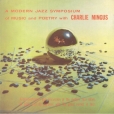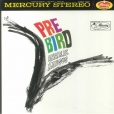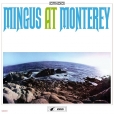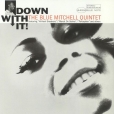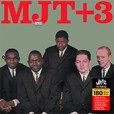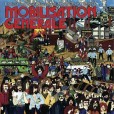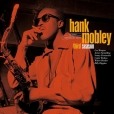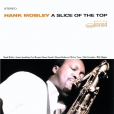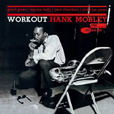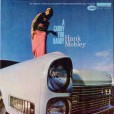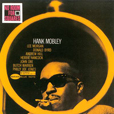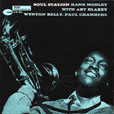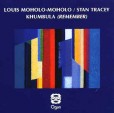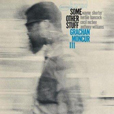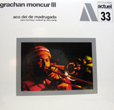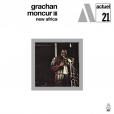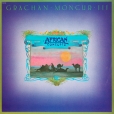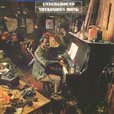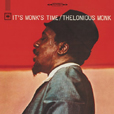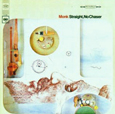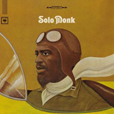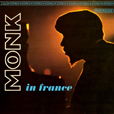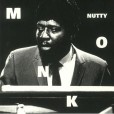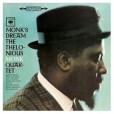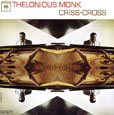Your basket is empty

From 1960; ostensibly before Mingus heard Charlie Parker.
A host of stellar players — including Eric Dolphy, Booker Ervin, Max Roach, Marcus Belgrave, Slide Hampton, Yusef Lateef — in variously large ensembles, reading mostly tight, post-Duke scores.
Kicks off startlingly with a mash-up of Take the A Train, in the left channel, and Exactly Like You in the right. ( On the flip, Do Nothin’ Till You Hear From Me is likewise bundled with I Let a Song Go Out of My Heart.)
The great Mingus art songs Eclipse — hymning black-white relationships — and Weird Nightmare are here. Apparently vocalist Lorraine Cusson fluffed the last line of Nightmare — singing ‘Bring me a heart with a love of gold’ instead of ‘Bring me a love with a heart of gold’ — but Mingus was so happy with the take, he let it go.
Another knockout compilation by Born Bad (though Souffle Continu has the matter in hand).
‘In 1969, the Art Ensemble of Chicago arrived at the Théâtre du Vieux Colombier in Paris and a new fuse was lit. Their multi-instrumentalism made use of a varied multiplicity of ‘little instruments’ (including bicycle bells, wind chimes, steel drums, vibraphone and djembe: they left no stone unturned), which they employed according to their inspirations. The group’s stage appearance shocked as well. They wore boubous (traditional African robes) and war paint to venerate the power of their free, hypnotic music, directly linked to their African roots. They were predestined to meet up with the Saravah record label (founded in 1965 by Pierre Barouh), already at the vanguard of as-yet unnamed world music. Brigitte Fontaine’s album Comme à la Radio, recorded in 1970 after a series of concerts at the Théâtre du Vieux Colombier, substantiated the union of this heiress to the poetic and politically committed chanson francaise (Magny, Ferré, Barbara) together with the Art Ensemble of Chicago’s voodoo jazz and the Arab tradition perpetuated by her companion Areski Belkacem…’
Remarkable 1966 lineup, with James Spaulding, Lee Morgan, Howard Johnson and Kiane Ziwadi in the brass line — the title track reminds you where the Hypnotics are coming from — and McCoy Tyner, besides.
‘Classic Vinyl Edition.’
Duets with Stan Tracey.
From 1963, following stints for Jackie McLean on One Step Beyond and Destination… Out!, this is maybe the great trombonist’s best record, with Wayne Shorter, Herbie Hancock, and Tony Williams — all involved with Miles around this time — and Cecil McBee. Four Moncur originals: bold, free, forward-looking music; but expansive and assured, never forced. ‘Some other stuff’; not full of itself, but a bit different. Try The Twins — dedicated to his two brothers — for a better sense of his musical good humour.
With Charlie Rouse (tenor sax), Larry Gales (bass), Ben Riley (drums). And Jon Hendricks with a great vocal version of In Walked Bud.
From 1961, featuring Charlie Rouse… though the stand-out is Just A Gigolo, by Monk solo.
Terrific 1963 date with Charlie Rouse, John Ore and Frankie Dunlop.
Originals and standards; nothing Monk hadn’t recorded before. Bubbling, chewy versions of Hackensack and Rhythm-A-Ning; a fabulous, seven-minute, solo Don’t Blame Me.
As Baroness Nica notes poshly on the sleeve, ‘this is the happiest of albums, leaving one with an extraordinary feeling of elation.’
